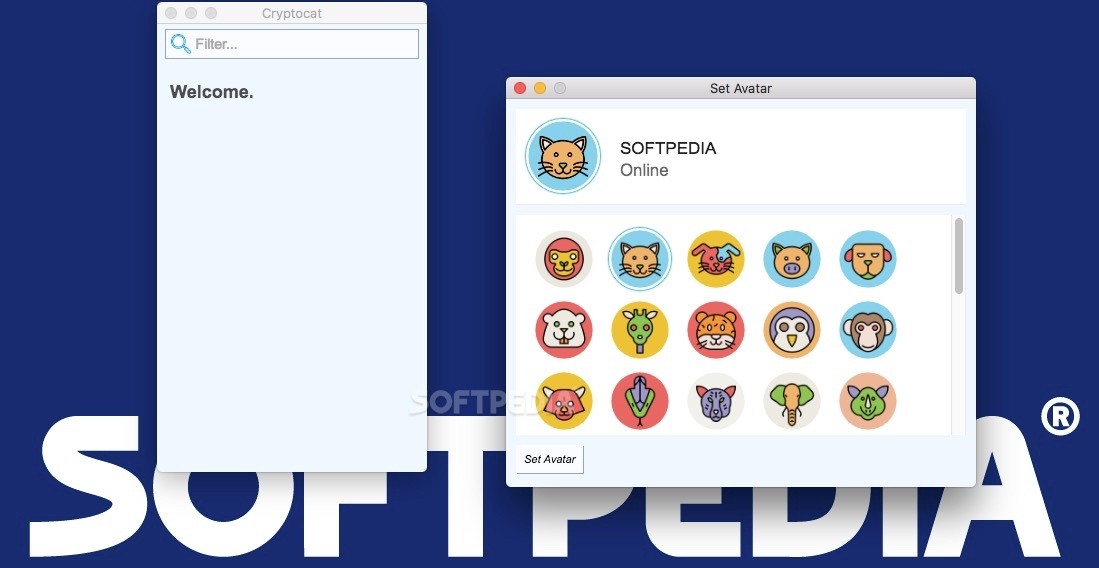
In the letter must specify your Bitcoin address to which the payment was made. You must send 1.45 Bitcoin to the specified address and report it to e-mail customer support. To obtain the private key for this computer, you need pay 1.45 Bitcoin (~611 USD) Located on a secret server on the Internet the server will destroy the key after 168 hours.Īfter that nobody and never will be able to restore files. The single copy of the private key, which will allow to decrypt the files, To decrypt files you need to obtain the private key. → Support e-mail: personal files encryption produced on this computer: photos, videos, documents, etc.Įncryption was produced using a unique public key RSA-2048 generated for this computer. The CryptoCat virus also gives a deadline to pay the ransom money and if it is not met, the virus or the cyber-criminals may destroy the decryption keys permanently and make the decryption irreversible.Īfter encryption CryptoCat adds the following ransom note: xlsx Source:kb.Īfter file encryption, the CryptoCat ransomware may change the wallpaper of the user to a wallpaper with a cat and along it the ransom note of CryptoCat may appear, with instructions to open the. The CryptoCat ransomware scans for files that are often used, but similar to PClock it may also be pre-programmed to encrypt files with the following file extensions: → HKEY_CURRENT_USER\Software\Microsoft\Windows\CurrentVersion\Run\
FREE CRYPTOCAT WINDOWS
In addition to this, the CryptoCat virus may modify the following Windows key to make the malicious files of CryptoCat run on Windows startup: This file may lead the user to a payment page for the ransom. The virus may also create files on the %Desktop%, like the following: The files may have different names than Windsk. Since the virus is believed to be a variant of another ransomware project, called PClock, it may create the following files as well: When it has been executed on your computer, the CryptoCat virus may drop several files in the following Windows folders: Users should use e-mail services with advanced spam filters and always check the attachments and URLs if they believe they are suspicious before opening them. They usually aim to fool users that the URL or the attachment is important. The spam messages that may spread CryptoCat may be of various character. SpamBots to quickly spread spam web links or malicious e-mail attachments.

Not only this, but the virus may also use a combination of tools that ensure a successful infection takes place:
FREE CRYPTOCAT PC
As soon as the user opens them, the malware may execute a drive-by-download of a malicious file and it’s may start it automatically on the user PC to begin encrypting files.

FREE CRYPTOCAT PATCH
The vulnerability persisted for about seven months between September 2012 and April.Īlthough Cryptocat noted the patch in its changelog, Kobeissi wrote a detailed blog post on Thursday explaining the issue after Thomas published a sharp critique.For it to replicate, CryptoCat acts just like a real cat – it hunts and waits for it’s victims to open it’s malicious e-mail attachments or files. The bug was fixed in Cryptocat versions 2.0 and up about a month ago after Thomas notified the project.

But if an attacker broke the SSL encryption and had the underlying encrypted chats, "it would be significantly easier to crack" using brute-force techniques, he said. The encrypted conversations were still carried over SSL (Secure Sockets Layers), another overlay of encryption. The error was the result of an oversight spotted by Thomas, Kobeissi said. The encryption keys used to encode those conversations were too short, which in theory made it easier for an attacker to decrypt and read conversations. The vulnerability, found by Steve Thomas, affected group chats and not private conversations, said Nadim Kobeissi, in an interview from Germany Friday.


 0 kommentar(er)
0 kommentar(er)
